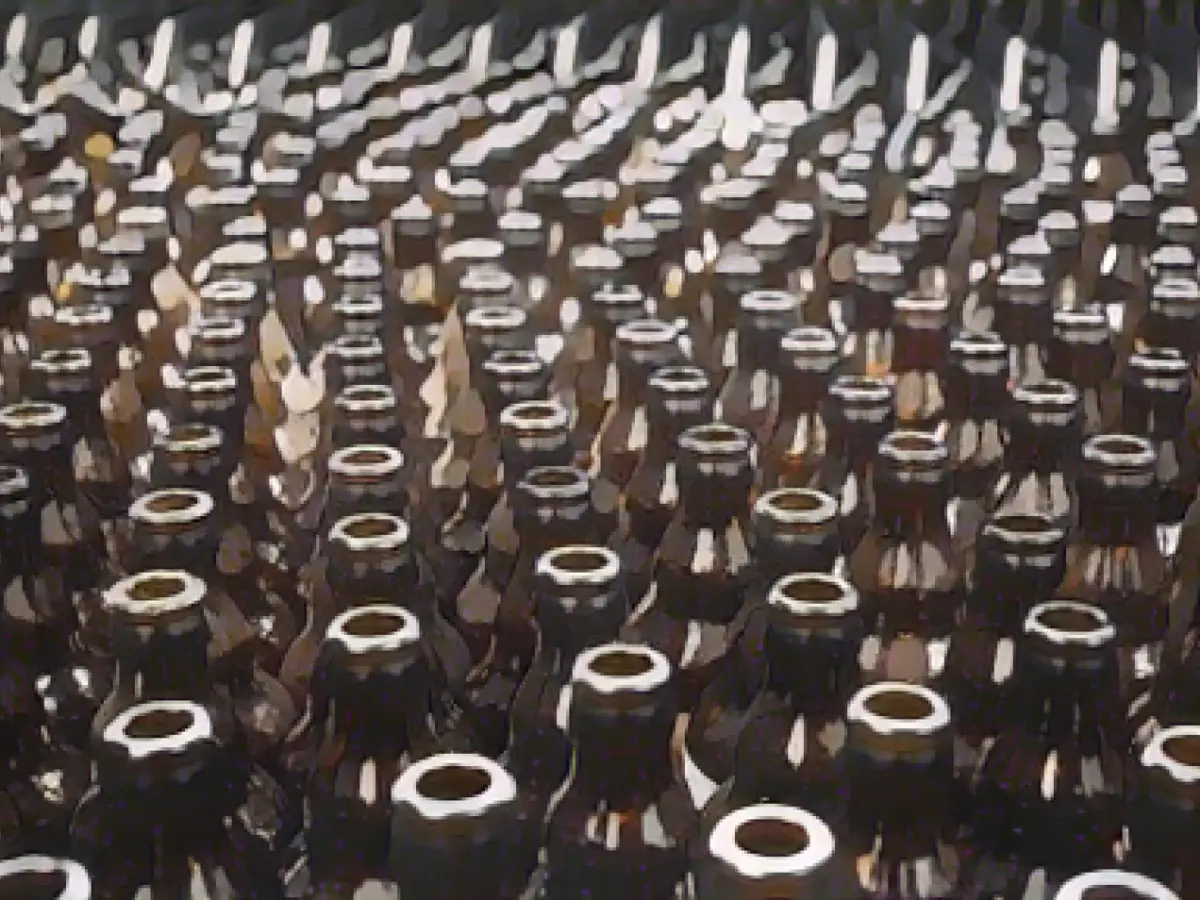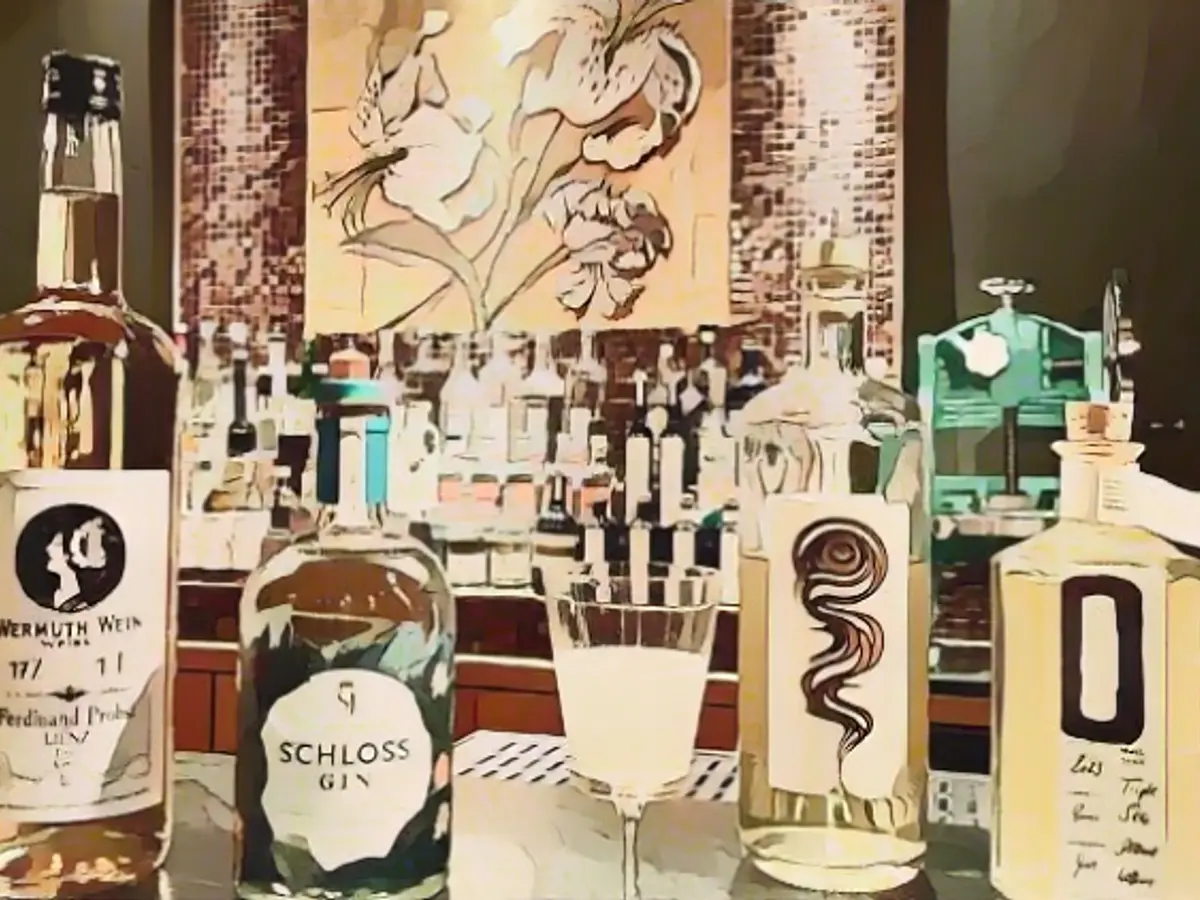Oettinger Brewery Shifts Focus to Non-Alcoholic Drinks and Exports
With the German beer market facing challenges, Oettinger Brewery is setting its sights on producing more soft drinks. By 2026, non-alcoholic beverages are expected to account for 40% of sales, announced CEO Stefan Blaschak, who took over the family business in the summer. This represents a significant increase from the current 20% share.
Oettinger Brewery's transformation
Blaschak noted that the company is transitioning from a brewer to a beverage producer. Exports are also projected to rise from a third to half of turnover during this period. Currently, Oettinger is one of the largest beverage producers in Germany, with around 8 million hectoliters of production and approximately 800 employees. Located in Oettingen, Swabia, the brewery also has facilities in Mönchengladbach and Braunschweig.
Oettinger's reputation for affordable beer and cost savings
Oettinger Brewery is well-known for its budget-friendly beer, opting against advertising and catering industry partnerships to reduce expenses. The beer market has been stagnant for years, according to Blaschak, who attributes this to a changing public sentiment.
Struggles in the German beer market
Breweries in Germany have battled a shrinking beer market for years, with the Federal Statistical Office reporting a 2.9% drop in beer sales during the first half of 2023. In contrast, non-alcoholic beer production has doubled within the past decade, pointing to a shift in consumer preferences.
Setting itself apart from competitors
Blaschak emphasized that Oettinger's core values of high-quality, affordably priced drinks would remain a priority. The brewery will strive to differentiate itself from competitors promoting their products on television by maintaining lower prices. Last year, Oettinger sold its Gotha brewery in Thuringia, which initially faced closure due to the volatile beer market. Paulaner eventually took over the site at the start of the year.
The impact of changes on Oettinger Brewery
Oettinger's shift towards non-alcoholic drinks and increased exports reflects a response to changing market conditions and consumer preferences. The growing popularity of non-alcoholic beverages, health concerns, and operational efficiency benefits are driving the strategic decision to expand soft drink production and exports.
Enrichment Insights
The acquisition by Paulaner allows for operational efficiency improvements and a stronger focus on non-alcoholic beverages, particularly its popular soda Spezi. The move to produce more non-alcoholic drinks helps Oettinger Adapt to changing consumer preferences and remain competitive in the evolving beverage market. The production transition involves relocating from Munich to Gotha and repurposing capacity, which may lead to some disruption but ultimately aims to improve operational efficiency and meet growing demand for Spezi. Workforce adjustments, such as the transfer of 23 production employees from Hatz-Moninger to Hoepfner, a Paulaner subsidiary, are contingent upon the new production focus.








